hotline:020-29026320 |13903018415
-
-
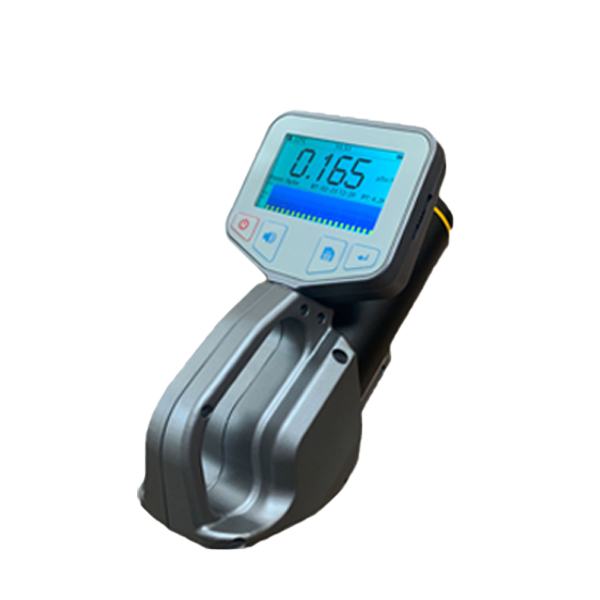
Radiation detection instrumentation
-
HYGP-2223 exposure type X, γ radiation measuring instrument
-
HYGP-2223BX, gamma dose rate meter (with tripod)
-
FI-329M intelligent household nuclear radiation detector
-
HY-2000M digital multi-channel gamma spectrometer
显示更多 -
-
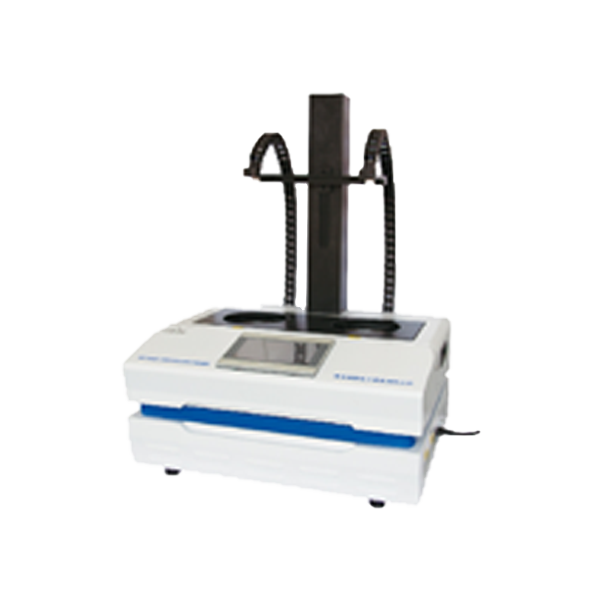
Laboratory Equipment
-
Radioactive distillation apparatus in water
-
2200Q portable turbidity meter
-
SPE Solid Phase Extraction Device
-
Portable spectrophotometer
显示更多 -
-
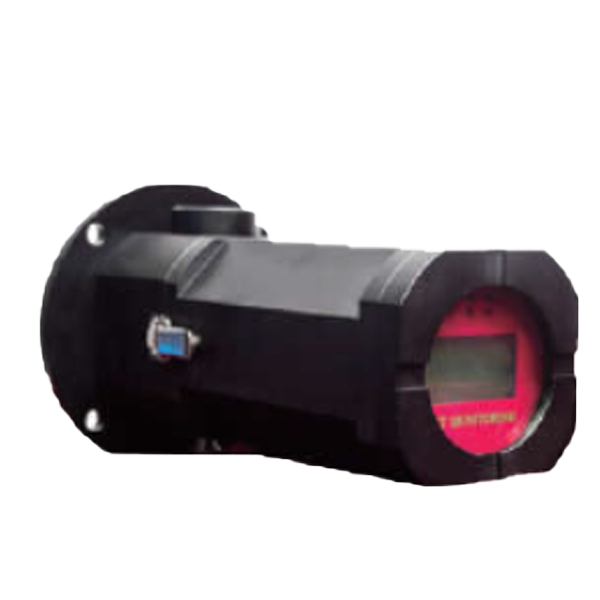
Portable environmental monitoring equipment
-
VOCs gas analyzer
-
Portable handheld VOC detector
-
Portable all-in-one multi-parameter analyzer
-
Dust detector
显示更多 -
-
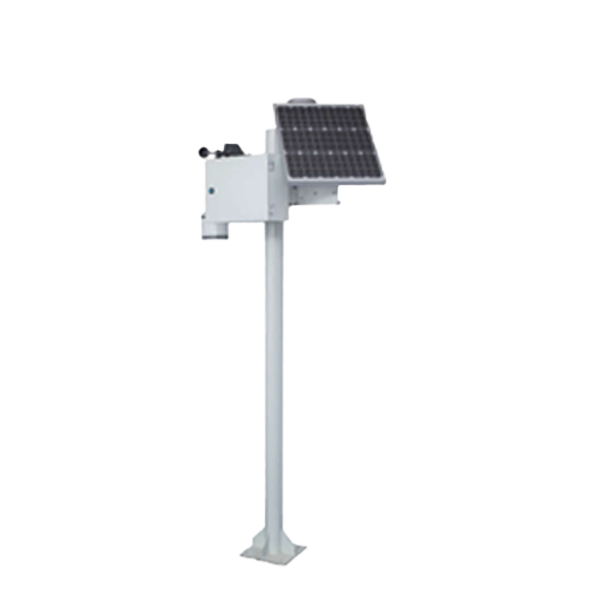
Environmental online monitoring system
-
CM-WG8200 grid air quality detection system
-
On-line monitoring system for CM-VOCs-5000 volatile organic compounds
显示更多 -
-
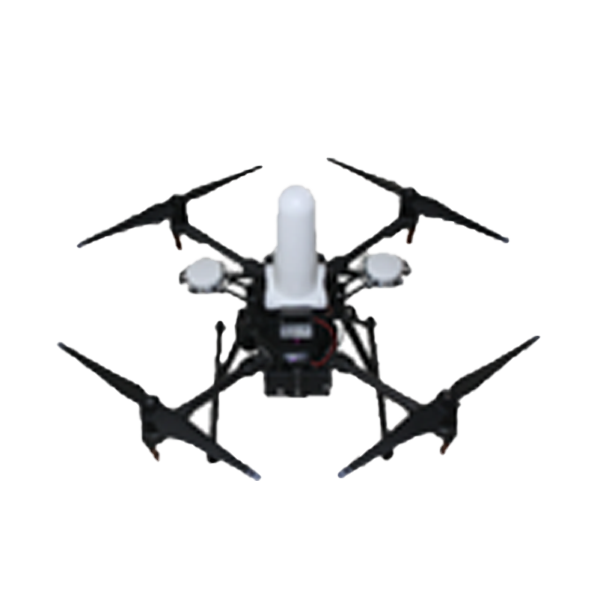
UAV Online Environmental Monitoring
-
OS-2 UAV Electromagnetic Environment Monitoring System
-
Nuclear emergency radioactive source search UAV
-
UAV Monitoring System
显示更多 -
-
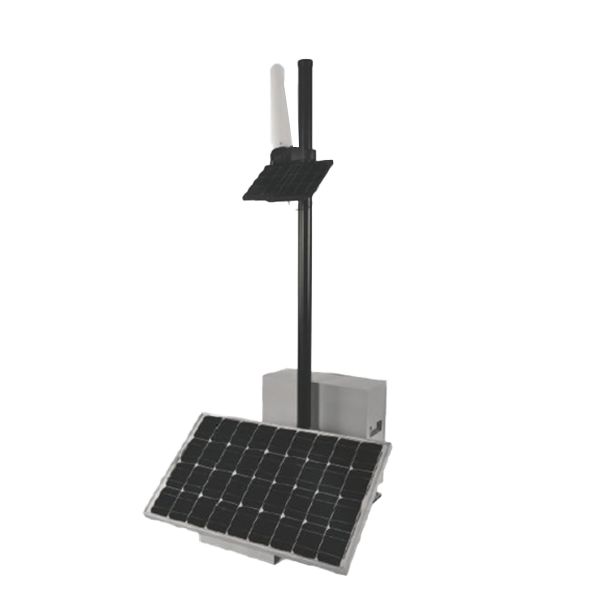
On-line Monitoring System of Electromagnetic Radiation
-
On-line Monitoring System of Electromagnetic Radiation
-
Automatic Monitoring System of HYEH460 Electromagnetic Radiation
-
HY-900A launch type radiation environment automatic monitoring station
-
OS-8 S Frequency Selective Electromagnetic Environment Online Monitoring System
显示更多 -
-
Unlocking the Secrets of Radiation Instruments: How They Work
2025-07-05
Introduction to Radiation Instruments
Hey there! Ever wondered how radiation instruments, or as we say in Chinese, Radiation Instruments, work their magic? These nifty devices are essential in various fields, from healthcare to environmental safety. Buckle up as we dive into the intricate workings of these instruments!
What Are Radiation Instruments?
Radiation instruments are designed to detect and measure ionizing radiation. They come in many shapes and sizes, but their primary role is to keep us safe from harmful radiation exposure. Whether it's a Geiger-Müller counter or a scintillation detector, each instrument has unique characteristics that make it suited for specific applications.
The Science Behind the Instruments
Now, let's break down how these devices actually work. At the heart of radiation instruments is the fundamental principle of ionization. When radiation passes through a detector, it interacts with the atoms in the detector material, knocking electrons loose. This process creates charged particles, which can then be measured. Pretty cool, right?
Types of Radiation Detectors
1. Geiger-Müller Counters: These are perhaps the most well-known radiation instruments. They consist of a tube filled with gas that becomes conductive when radiation passes through it. A click or beep indicates the presence of radiation!
2. Scintillation Detectors: These detectors use special materials that emit flashes of light when they absorb radiation. A photomultiplier tube then converts this light into an electrical signal, allowing for precise measurement.
3. Dosimeters: Often used by professionals working in radiation environments, dosimeters measure the accumulated exposure to radiation over time. They are crucial in ensuring safety in places like hospitals or nuclear plants.
Applications of Radiation Instruments
So, where do we see these instruments in action? The applications are vast and varied!
- Medical Field: In hospitals, radiation instruments are used in X-ray machines and cancer treatment systems to ensure patients receive the correct dosage of radiation.
- Environmental Monitoring: They help track environmental radiation levels, ensuring public safety, especially near nuclear facilities.
- Research: Scientists use these instruments in laboratories to study materials and their properties under different radiation conditions.
Why Understanding Radiation Instruments Matters
Understanding how radiation instruments work is crucial for several reasons. Firstly, they play a significant role in public health and safety. By ensuring accurate measurements, we can protect ourselves from the dangers of excessive radiation exposure.
Moreover, in an age where technology is advancing rapidly, knowledge about these instruments can empower individuals and professionals alike. Whether you're a healthcare worker, a researcher, or just a curious mind, knowing how Radiation Instruments operate can help you appreciate their impact on our daily lives.
Conclusion: The Future of Radiation Instruments
As we look towards the future, radiation instruments will continue evolving with advancements in technology. Innovations such as digital detectors and miniaturized devices are already on the horizon. Who knows? One day, we might all carry personal radiation detectors in our pockets!
In a nutshell, radiation instruments are not just complex gadgets; they are vital tools that ensure our safety and contribute to scientific progress. So, the next time you hear about Radiation Instruments, you’ll know just how much they matter!
Previous Page:

COOKIES
Our website uses cookies and similar technologies to personalize the advertising shown to you and to help you get the best experience on our website. For more information, see our Privacy & Cookie Policy
COOKIES
Our website uses cookies and similar technologies to personalize the advertising shown to you and to help you get the best experience on our website. For more information, see our Privacy & Cookie Policy
These cookies are necessary for basic functions such as payment. Standard cookies cannot be turned off and do not store any of your information.
These cookies collect information, such as how many people are using our site or which pages are popular, to help us improve the customer experience. Turning these cookies off will mean we can't collect information to improve your experience.
These cookies enable the website to provide enhanced functionality and personalization. They may be set by us or by third-party providers whose services we have added to our pages. If you do not allow these cookies, some or all of these services may not function properly.
These cookies help us understand what you are interested in so that we can show you relevant advertising on other websites. Turning these cookies off will mean we are unable to show you any personalized advertising.
online message
Telephone:13903018415(Manager Wang)
Business: 020-29026320
E-mail:wangxueli@haiyoukj.com
Address: Room 703, Tian 'an Innovation Building, Panyu Energy Saving Science Park, 555 Panyu Avenue North, Donghuan Street, Panyu District, Guangzhou

Sweep code attention

